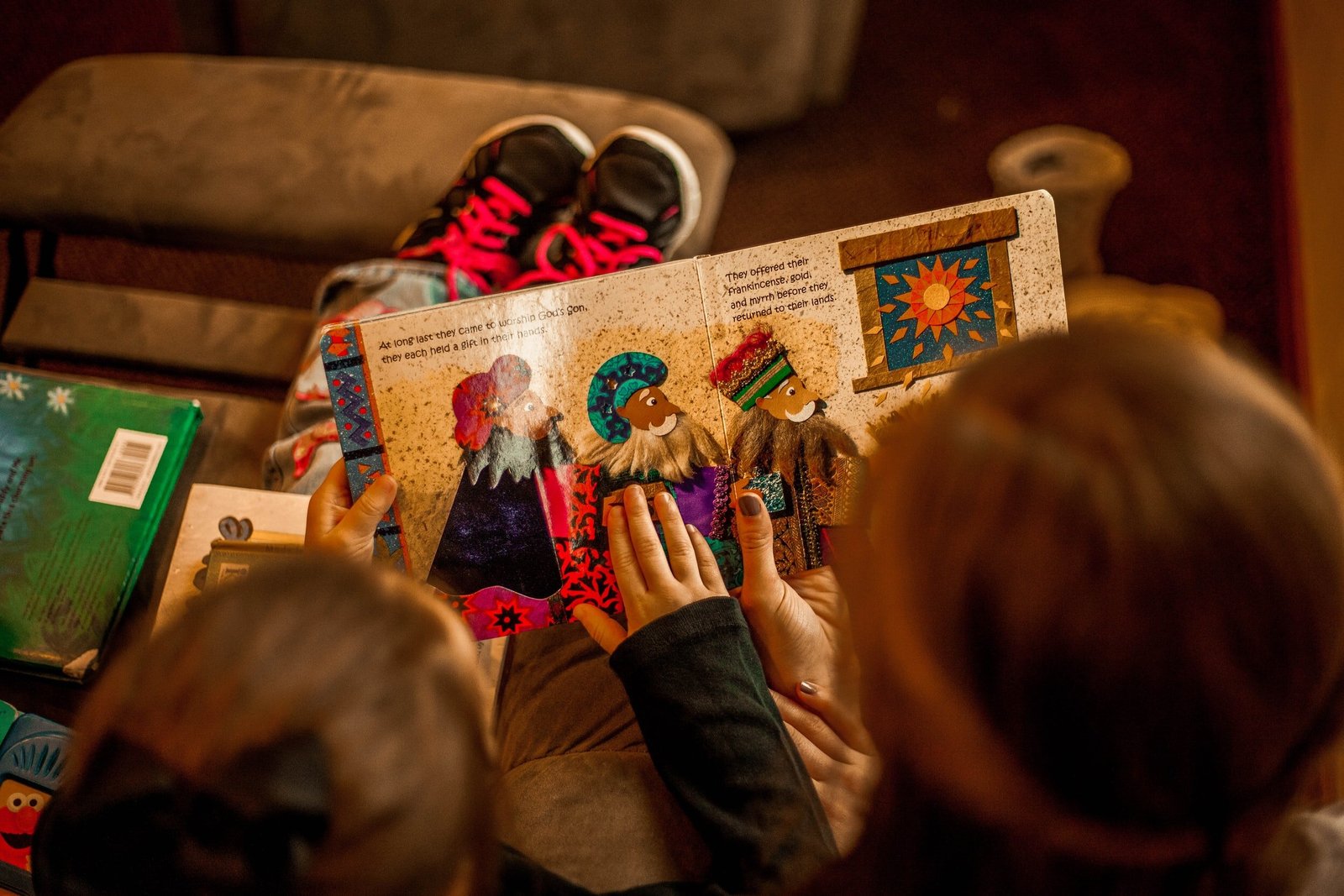Parent culture is a term that resonates deeply within the framework of societal values, serving as the foundation for how families, communities, and even entire societies develop over time. It encompasses the traditions, beliefs, values, and behaviors passed down from one generation to another, forming the bedrock upon which societies are built. Understanding parent culture allows us to grasp the intricacies of identity, behavior, and social interaction across generations.
In this what is parent culture article, we will explore the concept of parent culture, its importance, and how it shapes the world we live in. We’ll also discuss its impact on education, social systems, and even individual development. The goal is to build a bridge of trust between you, the reader, and this critical topic, while fostering a sense of excitement about the cultural heritage that influences who we are.
What is Parent Culture?
what is parent culture refers to the dominant cultural patterns and values of a society or a group of people. These patterns are transmitted from one generation to the next, influencing not only familial structures but also societal institutions like education, religion, and governance. Parent culture embodies both the tangible elements—such as language, traditions, and customs—and the intangible aspects like values, beliefs, and ideologies that bind people together.
To put it simply, parent culture is the lens through which individuals learn how to navigate their social world. It provides the framework that shapes individual identity, social roles, and behaviors, guiding how people interact with one another and make sense of their environment.
The Role of Parent Culture in Shaping Society
what Parent culture plays a crucial role in defining societal norms and expectations. In any community, there are unwritten rules that govern behavior, all of which are rooted in the parent culture. For instance, in many cultures, respect for elders is a deeply ingrained value. This respect dictates how younger individuals interact with older members of their community, from offering them seats in public spaces to seeking their guidance in family matters.
This cultural transmission starts early, with parents and other caregivers instilling these values in their children. As these children grow and become part of the larger society, they continue to propagate these norms, ensuring the continuation of the parent culture.
If you’re interested in understanding specific cultural traditions, you can explore [Arabic culture and traditions] as an example of how distinct values and customs are passed down across generations in the Arab world.
Education and Parent Culture
Education is one of the primary vehicles through what is parent culture is passed down. Schools, universities, and other educational institutions often reflect the dominant cultural values of a society. For instance, in societies where individualism is highly valued, educational systems might emphasize personal achievements, creativity, and self-expression. Conversely, in cultures that value collectivism, there may be a greater focus on teamwork, group identity, and social harmony.
Teachers, curriculum designers, and policymakers all play a role in reinforcing the values of the parent culture within educational systems. This makes education not just a process of acquiring knowledge but also a means of cultural reproduction, ensuring that the next generation continues to uphold the values of the past.
The Impact of Parent Culture on Family Dynamics
One of the most profound ways in what is parent culture manifests is within family dynamics. In many cultures, the family is seen as the core unit of society, and the way families function is often a direct reflection of their parent culture. For example, in cultures where hierarchical structures are valued, families may have clear roles and expectations based on age and gender.
what is Parent culture also influences parenting styles. In some cultures, authoritative parenting is favored, where strict guidelines and rules are set for children. In others, a more permissive approach is adopted, allowing children more freedom and independence. These cultural expectations shape not only the family unit but also the individual’s sense of identity and role within the broader community.
For instance, exploring [Black culture traditions] provides insight into how family dynamics and shared values can deeply impact identity and foster a sense of belonging within the African American community.
Parent Culture and Social Systems
Beyond the family unit, what is parent culture also exerts a powerful influence on societal systems such as law, governance, and religion. For instance, legal systems in many parts of the world are influenced by religious or cultural values passed down through generations. These legal frameworks reflect the parent culture’s stance on justice, morality, and ethics.
In governance, parent culture shapes leadership styles, the role of the state, and civic responsibility. Societies with strong collectivist traditions may have governments that prioritize community welfare, while individualistic cultures may emphasize personal freedom and limited governmental intervention.
Globalization and the Evolution of Parent Culture
While parent culture is rooted in tradition, it is not static. With the rise of globalization, cultures around the world are becoming increasingly interconnected, leading to the evolution of parent cultures. This phenomenon has brought both opportunities and challenges.
On the one hand, globalization allows for the exchange of ideas and cultural practices, enriching parent cultures with new perspectives. On the other hand, it can lead to the erosion of traditional values, as individuals are exposed to alternative ways of living and thinking. For example, the rapid spread of technology and media has introduced Western ideals to many non-Western societies, sometimes creating tension between modernity and tradition.
Despite these changes, the essence of what is parent culture remains resilient, adapting to new circumstances while continuing to influence individual and collective behavior.
Building Trust Through Cultural Understanding
Understanding what is parent culture is essential for fostering trust within diverse societies. When individuals from different cultural backgrounds come together, having a grasp of each other’s parent cultures can prevent misunderstandings and promote harmonious relationships. Recognizing the values that shape others’ behavior enables empathy and cooperation, creating a strong foundation for community-building.
In businesses, for instance, understanding what parent culture of your team members or clients can lead to more effective communication and collaboration. In education, appreciating the diverse cultural backgrounds of students allows for more inclusive teaching practices.
Frequently Asked Questions (FAQs)
Q: How is parent culture different from subculture?
A: While parent culture refers to the dominant cultural patterns within a society, subcultures are smaller groups within the larger society that have their own distinct values and norms. Subcultures may exist in harmony with the parent culture, but they can also challenge or diverge from it.
Q: Can parent culture change over time?
A: Yes, parent culture is not fixed. It evolves in response to social, economic, and technological changes. While core values may remain the same, new ideas and practices can be integrated, leading to a dynamic and adaptable cultural foundation.
Q: What role does technology play in shaping parent culture?
A: Technology, particularly in the form of media and communication platforms, plays a significant role in shaping parent culture. It allows for the rapid dissemination of ideas and cultural practices, which can either reinforce traditional values or introduce new ones.
Conclusion
what is Parent culture is a critical component of societal development, shaping how individuals interact with their families, communities, and institutions. It provides a framework for understanding identity, behavior, and social roles. As societies continue to evolve, parent culture will remain a guiding force, adapting to new challenges while preserving the values that bind us together.
By understanding and appreciating the role of parent culture, we can build stronger, more inclusive societies that honor the past while embracing the future.



